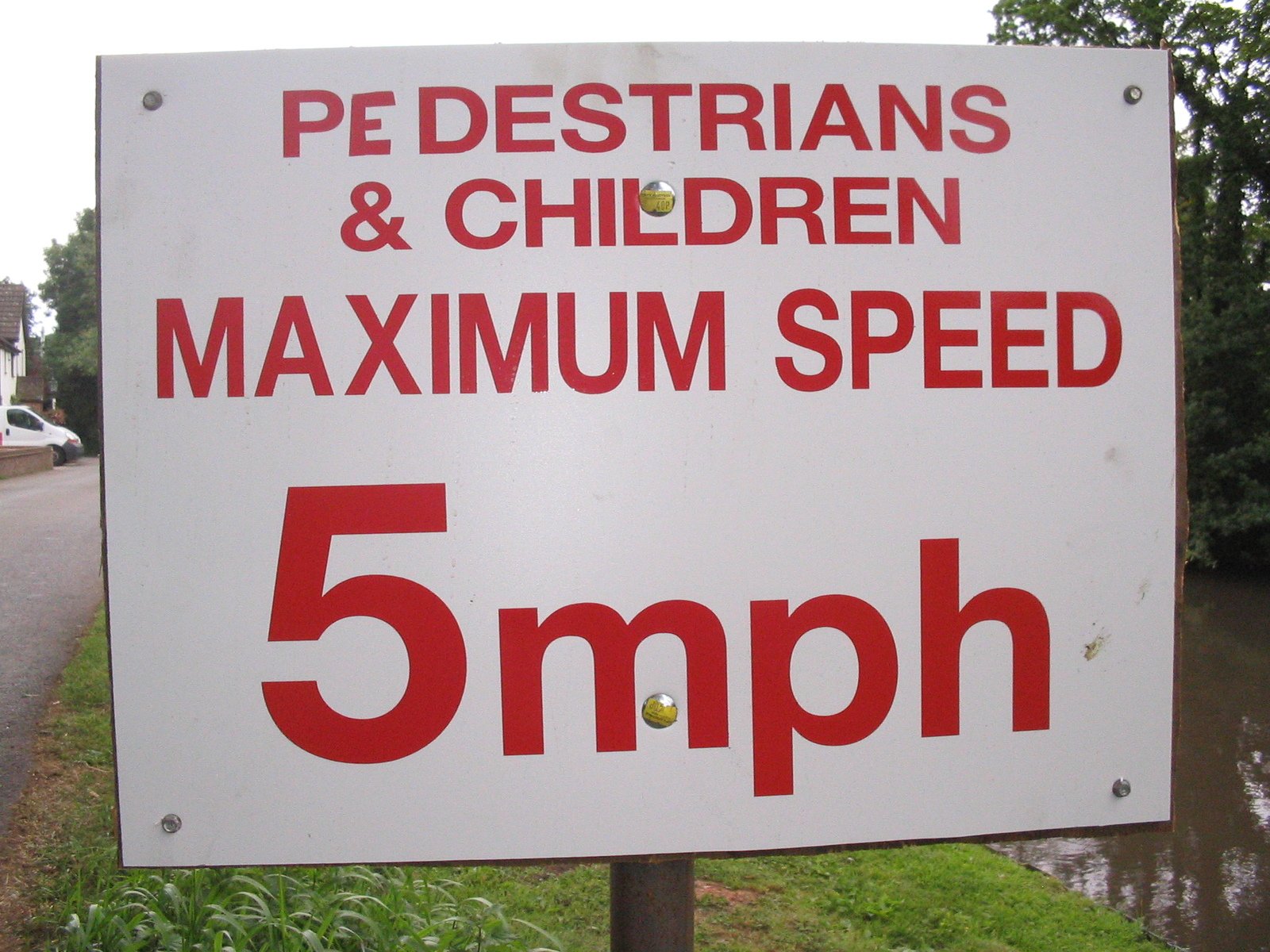

THE USPTO will have granted fewer patents than before by year's end. Recent numbers (a subset of the total) reaffirm rumours we've heard about that. That's not bad news. To patent law firms that may be bad, but for society at large this may simply mean that patent quality is improving, unlike at the EPO, as we've just noted.
"Not every patent represents an invention; some are more like a rendition."Not everything needs to be patented. Not every patent represents an invention; some are more like a rendition. Like music. It is not hard to understand that design patents are rubbish and the Supreme Court (SCOTUS) ought to reassess their necessity, or the lack thereof. We continue to be amazed at the sorts of design patents that we find out there; here's a new example from Apple. Why are these not being covered solely by trademarks and copyrights, which already cover software as well (the latter does)? I suppose hardware patents (like these new ones) are OK and I've no real issue with those assuming prior art search was properly done and the innovative steps are sufficiently large.
"Watchtroll has created a caricature of the patent system. Judges are being mocked, courts that simply apply the law are being dubbed "anti-patent" and technologists themselves (or those who support them) are constantly derided."Patent maximalism is a threat to the patent system because it merely serves to harm the legitimacy of this system. This means that whenever courts push back against patent maximalists they actually guard the patent system. PTAB, for instance, is still being supported by the Federal Circuit (as usual). Earlier today Patent Docs wrote about Otonomy, Inc. v Auris Medical, AG. To quote the gist of it all: "The Federal Circuit also affirmed the Board's determination that certain claims of Otonomy Inc.'s application are not anticipated by the publication of Auris Medical's International application. [...] The Federal Circuit therefore affirmed the Board's determination that the WO '949 does not anticipate Otonomy claim 38."
Watchtroll has created a caricature of the patent system. Judges are being mocked, courts that simply apply the law are being dubbed "anti-patent" and technologists themselves (or those who support them) are constantly derided. Here comes Watchtroll 'chum' Steve Brachmann (simply a writer) mocking PTAB again. Watchtroll did it again today and yesterday it was Burman York (Bud) Mathis III with a rant about PTAB, Alice and so on. To quote a portion:
For those patent professionals and inventors who are not yet convinced that the exceptions to €§ 101 under Alice/Mayo are not presently swallowing the rule, I invite you to read the district court decision of American Axle v. Neapco. As a spoiler, I’ll tell you that the district court judge addressed the inevitable pesky preemption issue by citing Ariosa. While the Federal Circuit has yet to decide the case, which involves an apparently novel and non-obvious way to dampen engine vibrations, I am not hopeful given the Federal Circuit’s love for Ariosa, and the fact that internal combustion engines are ubiquitous and really, really old things.
"...ۤ 101 is something to be celebrated, not opposed."We mentioned this a few days ago.
Either way, the improvement in patent quality is something that society at large should praise, not condemn. We recently wrote about how patent maximalism reduced choice in the market (Arista's loss). That's still in the news today and yesterday [1, 2, 3]. Cliff Saran wrote:
Arista Networks has settled its ongoing patent dispute with Cisco, making a payment of $400m to its rival.
Arista got into a legal spate over 14 Cisco patent infringements in December 2014. While Cisco claimed patent infringement, Arista argued that Cisco went after it because it was gaining share in the lucrative datacentre market.